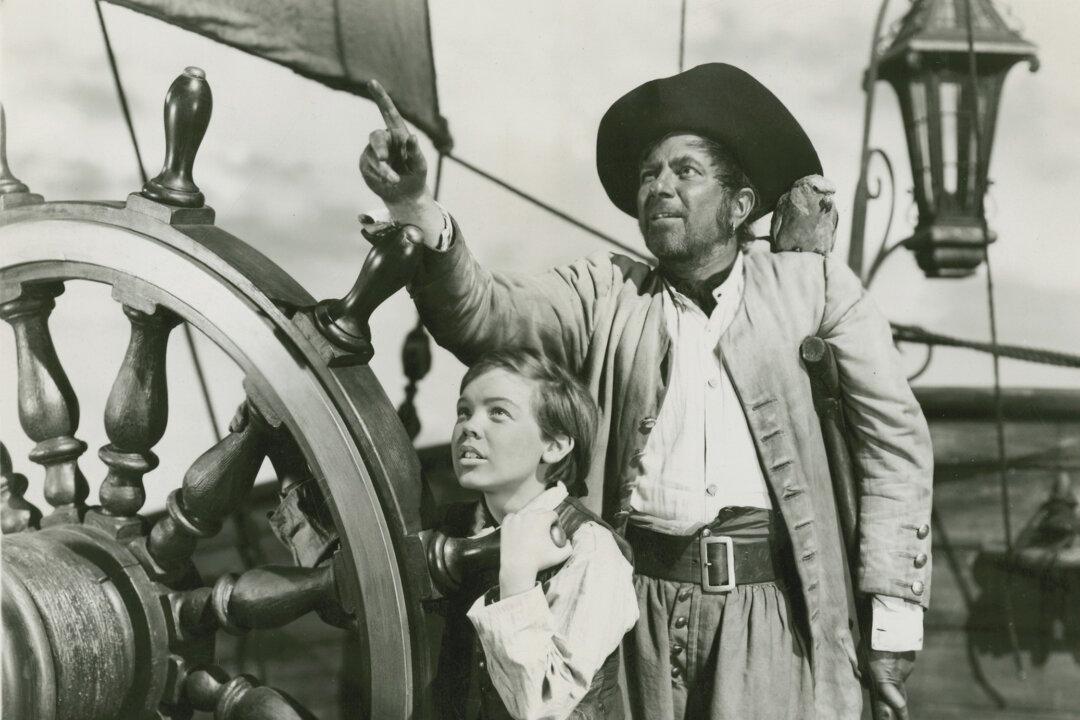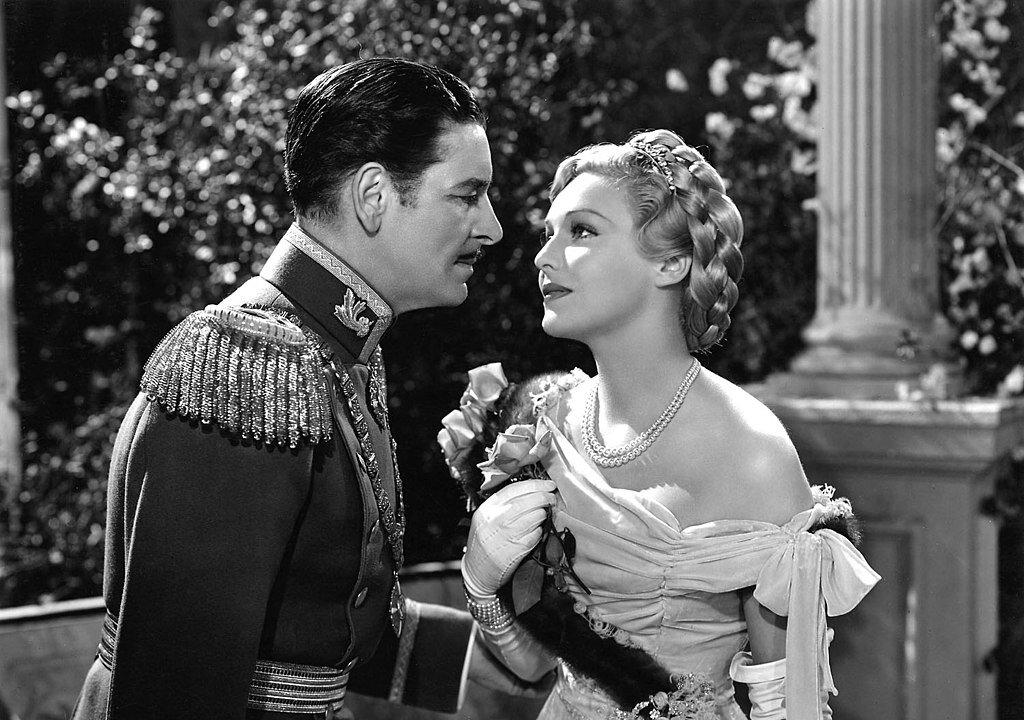Most readers appreciate a thoroughly entertaining read, and such books can especially delight during the long, hot days of summer. If, as you’re sitting on the beach or near a pool or just in your backyard, you come across a nautical page-turner that includes a little scintillating satire, fantastic farce, and daredevil heroes too dashing to be dashed on the rocks of disaster, all the better.
Most books that make up the seafaring category are unable to deliver on all of these levels, but there is one in particular that does deliver, and with aplomb. “Mr. Midshipman Easy” (1836) by Capt. Frederick Marryat is one of these swashbuckling few, brandishing bright prose, tremendous spirit, and sharp humor, with a penetrating yet hilarious look at human nature.





